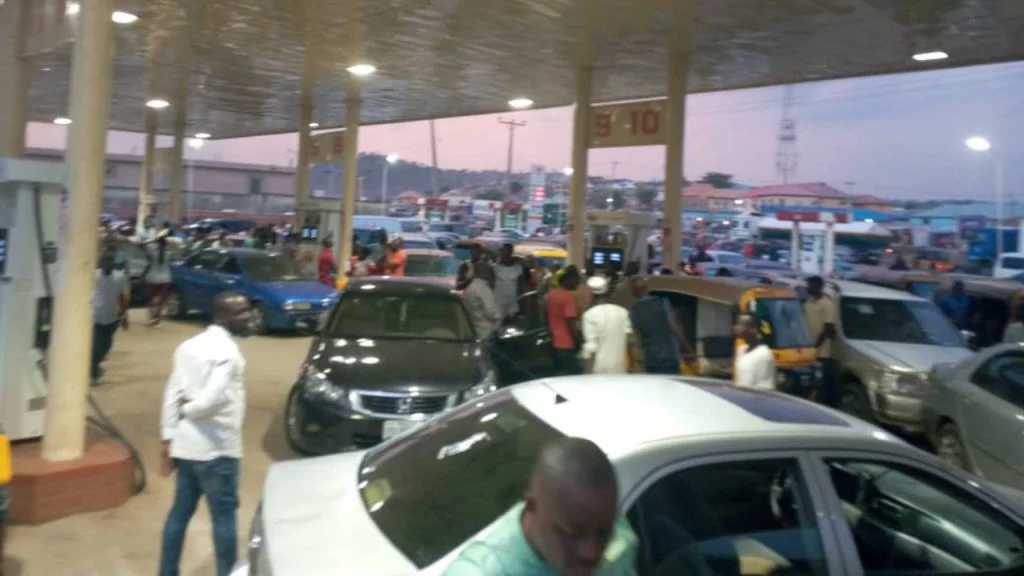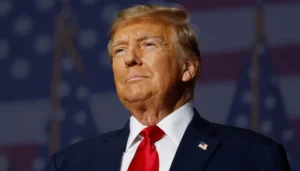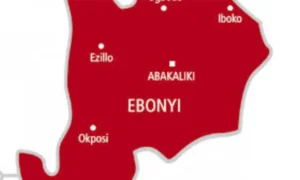The Nigerian National Petroleum Company Limited (NNPCL) has recently faced criticism for the sharp increase in the price of Premium Motor Spirit (PMS), commonly known as petrol. According to the company, this hike is not a result of its policies, but is largely driven by external factors, specifically foreign exchange rates and the natural forces of the market.
In a statement by NNPCL’s spokesperson, Olufemi Soneye, the company’s Executive Vice President of Downstream, Adedapo Segun, spoke about the issue on the popular TVC News program “Journalists’ Hangout.” He explained that the rise in petrol prices, which have shot up to between N855 and N897 per litre from N617, was influenced by the fluctuating exchange rate and deregulated market forces.
Segun pointed to two main factors behind the increase. The first is foreign exchange rates. Since Nigeria imports a large portion of its petrol, changes in the value of the naira against foreign currencies, particularly the dollar, directly affect the cost of fuel. When the naira weakens, it becomes more expensive to import petrol, leading to higher prices at the pump.
The second reason is the impact of market forces. The Petroleum Industry Act (PIA), which established NNPC Ltd., deregulated the petrol market. This means that prices are no longer set by the government but instead fluctuate based on supply and demand, as well as other economic factors. NNPC Ltd. no longer has the power to control prices, making the market open to the forces of competition and currency fluctuations.
As prices have soared, Nigerians have also been grappling with fuel scarcity. Long queues at petrol stations have become common, and many people have struggled to find fuel at affordable prices. However, Segun reassured the public that the current fuel shortages should ease soon. He explained that many stations are still adjusting their equipment and recalibrating to sell PMS at the new prices, but the situation should stabilize in the coming days.
Despite NNPCL’s explanations, the recent fuel price hike has been met with strong opposition from major unions in Nigeria. Both the Nigeria Labour Congress (NLC) and the Trade Union Congress (TUC) have voiced their disapproval, calling for the immediate reversal of the price increase. The unions argue that the rising cost of petrol places an undue burden on Nigerians, many of whom are already struggling with the high cost of living.
The NLC and TUC have also criticized the deregulation of the petroleum sector, claiming that it has led to uncontrolled price increases without providing any real benefits to the average Nigerian. They are calling on the government and NNPC Ltd. to find solutions that can bring relief to the citizens.
The NNPCL’s explanation for the recent petrol price hike highlights the complex relationship between foreign exchange rates, market deregulation, and fuel costs in Nigeria. As the country continues to face economic challenges, many Nigerians are looking for answers and relief from the rising cost of living. While NNPCL maintains that market forces are at play, the pressure from labour unions and the public continues to grow, raising questions about the future of fuel pricing in the country.
As fuel scarcity lingers and prices remain high, it remains to be seen how the government and NNPC Ltd. will address these concerns in the days ahead.







